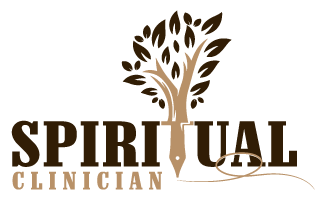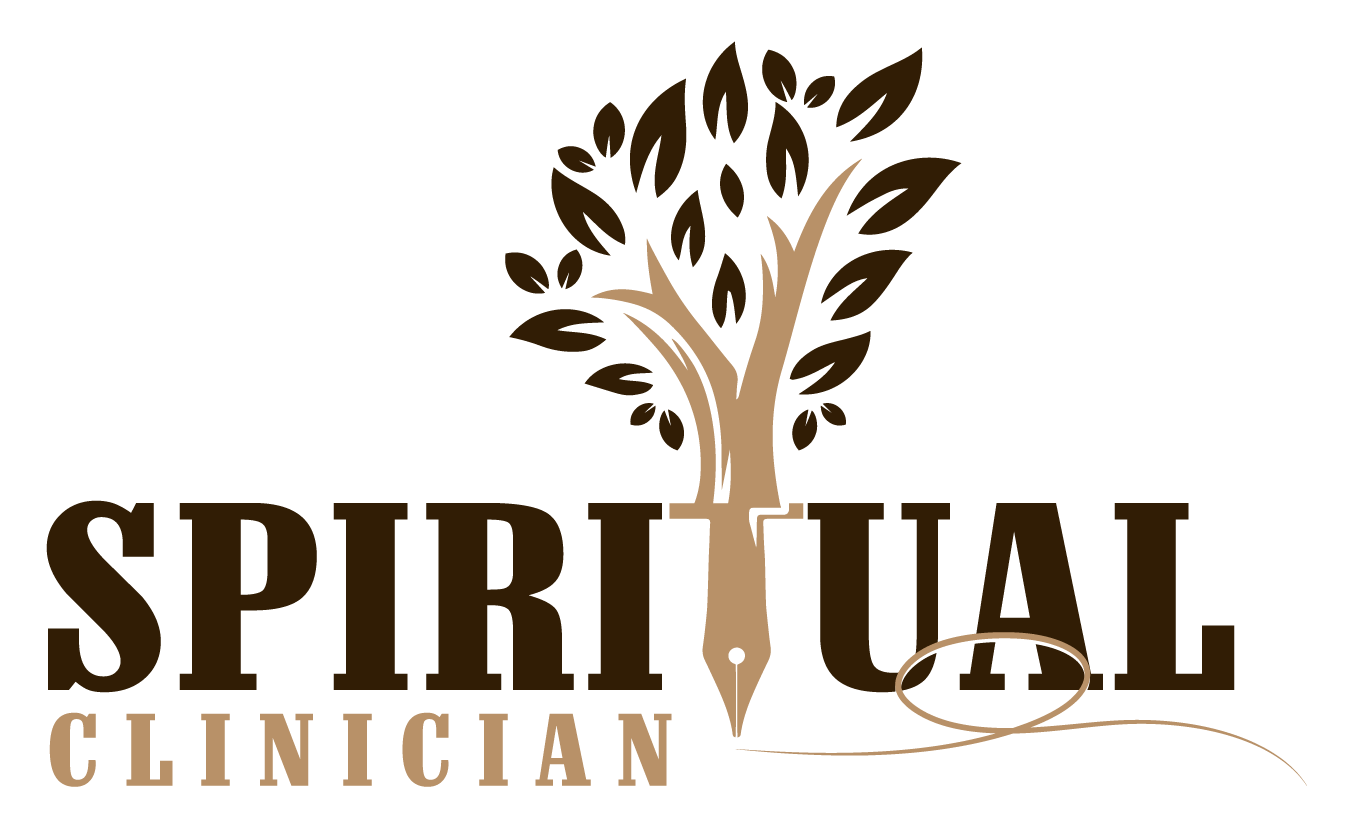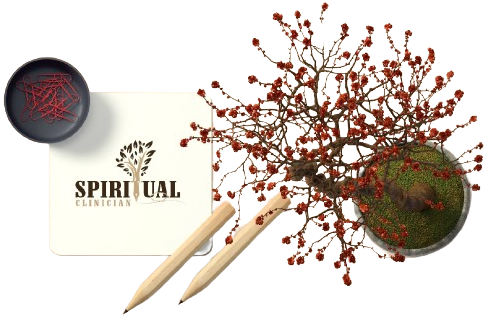Last week something remarkable happened politically in the already hyper-drama of U.S. government. As we prepare ourselves for better assessing character in this Substack, one person and an extraordinary situation boldly showed us a most exquisite characteristic for top leaders — not only hope, but hopefulness.
In one day, with the bowing out of an aging, accomplished president, new hope among citizens became palpable. As the potential for a new younger, livelier president arose, somehow a new hopefulness sprouted among young and old. Younger citizens’ attitudes transformed from boring and depressive dismay at two aging white men stuck in repetitive invectives, vying for a top position in world government, to now almost magically energized to support a black and Asian woman for that top position.
Not only did they smile and chat positively about her, but also both younger and older voters opened their wallets and purses to contribute millions of dollars they had not been contributing to support what seemed like tired old re-runs. Young people, so apathetic they were admitting they may not vote at all, were catalyzed, even enthusiastic about a possible better world. That is the very definition of hope: realistic expectation of a positive future.
Hope is like that. As falling in love injects brightness into a depressive, indolent incel, hope quickly made the world feel more positive everywhere. Falling in love, probably life’s most exquisite, nearly universal mystery, is also the most prodigious source of hope in human living. And all forms of love do much the same for the heart.
The birth of any baby, even some animal ones, immediately transform a lethargic dad or new mom from a mode of accepting daily routines as a life, to excitement and new ambitions not previously known. A peace treaty between warring nations brings out citizens of both sides into the streets in dancing and cheerful celebrations. A drunken elder man, not sober for a day for decades, attends a first meeting of seven sober ordinary folks in recovery and you can now see new hope palpably on his face.
Hope is mostly born of new deep contact between people. It surprises everyone as even two people meet in that magical moment sparking the promise of new friendship and prospect of becoming enjoyable peers and colleagues in a new job.
But we are not talking merely about hope. It is hope-FULL-ness, a persistent positive attitude about the world as a whole. Hopefulness is a characteristic of a life that expects a positive future and brings a smile on the face often for no obvious reason at all.
Hope is transitory. Hopefulness is an optimistic way of looking at the day, often based on a world view of evolution that is taking us humans somewhere better and inviting us to come along and contribute to it.
Hope comes spontaneously by many encounters with beauty – possibly a sunny hillside, a sparkling or even dingy flowing river, or the grin of a little boy on a bike passing by. But hopeFULness is an attitude one carries to whatever is coming next that one cannot yet see. It is equivalent to an evolutionary view of the world.
We are, after all, evolving as a human race. We can’t easily see it at times for two primary reasons: It moves too slowly for us to recognize it, and because as we evolve, we still contain the yet unevolved, reptile aspects of ourselves and our human siblings all over the world.
Cultures have evolved in complete isolation from one another, just now mixing together all over the planet, but especially in pluralistic nations like ours. Due to our domesticating animals and the inventions of such things as ships for travel, internal combustion engines, jet airplanes, television, and the internet, that slam us together to figure out how to accept and partner with people so different from us.
Looking at the world as evolving gives us a more hopeful perspective on many situations of our relating to one another. We can tolerate, accept, and even embrace more easily those significant differences. With an evolutionary view we can be more hopeful at a future including us all.
No doubt our animal residuals still require us to have police and armies for the foreseeable future, for the protection of vulnerable children and us old people, as well as our settled ways of life. But note that some countries, at least including Costa Rica, have no military systems at all. Someday none of us will, we will have evolved that far.
But meanwhile we need people like stalwart soldiers, honest lawyers, fierce prosecutors, and objective judges, to curtail our nasty side, even while we grow more understanding, knowledgeable, and wise as better human beings. We need leaders with hopeful personalities.
This current new excitement about presidential leadership may indeed turn out to be a honeymoon period that will settle into a more realistic and measured transformation. The concept of a Messiah coming to unify humanity remains idealistic — for now. But believing that we are indeed moving forward, even at a glacial pace, helps take the edge off of the anxiety and depressive prisons that discourage the days of so many of us. Love in all its forms is evolving, quietly, unobtrusively, but relentlessly.
As citizens we need top leaders who inspire hopefulness in society.
How can we assess the hopefulness of a political candidate? Here are some questions to ask ourselves as we experience political candidates during campaigns, and eventually have opportunities to encounter them directly:
What makes you hopeful on workdays as a politician? What discourages you about the current political culture?
How would you describe your vision for a collaborative government? What are some ways you have contributed to that more hopeful future?
Will you tell us about a significant political victory of yours in terms of progress for the ordinary people of our country? What are some of your plans for future accomplishments in the government?
Who is a fellow/sister politician who inspires hope in you? Why?
Gordon J Hilsman is a retired clinical educator now living in the Pacific Northwest with his wife of 44 years. He is the author of the book Assessing the CHARACTER of Candidates for National Political office: In Search of a Collaborative Spirit. He can be reached at [email protected], www.spiritualclinician.com, or www.gordonjhilsman.com.


